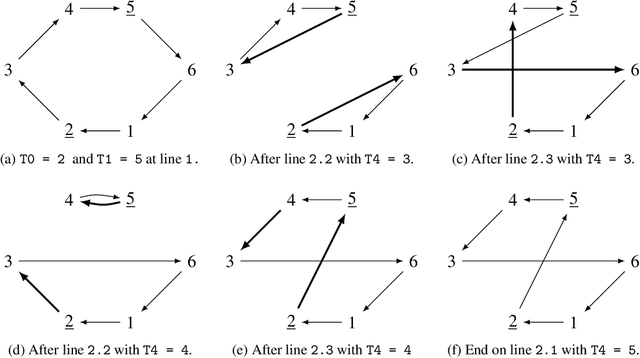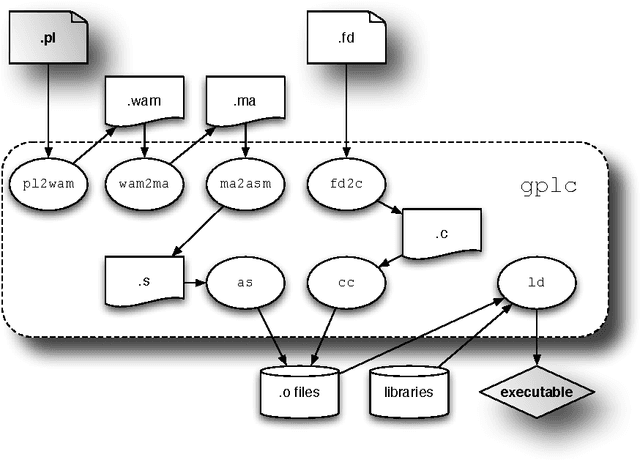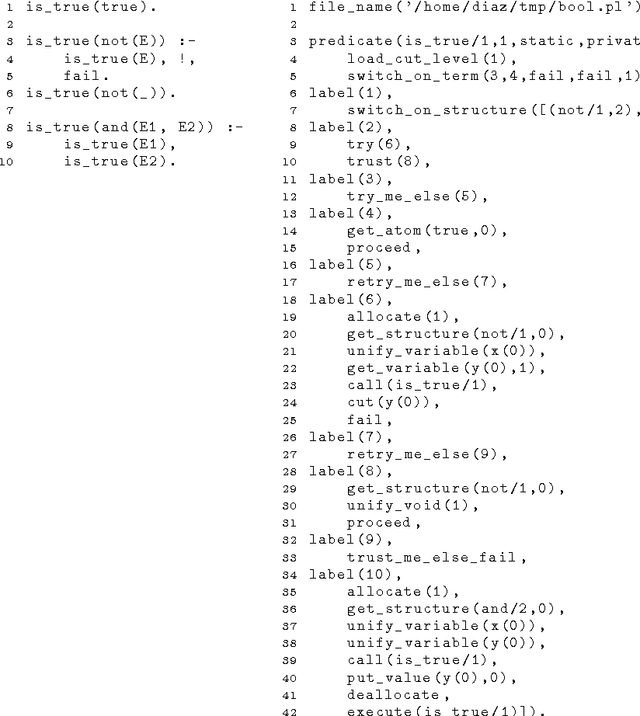Salvador Abreu
University of Évora and LISP
Generating Local Search Neighborhood with Synthesized Logic Programs
Sep 18, 2019



Abstract:Local Search meta-heuristics have been proven a viable approach to solve difficult optimization problems. Their performance depends strongly on the search space landscape, as defined by a cost function and the selected neighborhood operators. In this paper we present a logic programming based framework, named Noodle, designed to generate bespoke Local Search neighborhoods tailored to specific discrete optimization problems. The proposed system consists of a domain specific language, which is inspired by logic programming, as well as a genetic programming solver, based on the grammar evolution algorithm. We complement the description with a preliminary experimental evaluation, where we synthesize efficient neighborhood operators for the traveling salesman problem, some of which reproduce well-known results.
* In Proceedings ICLP 2019, arXiv:1909.07646
On the Implementation of GNU Prolog
Dec 15, 2010

Abstract:GNU Prolog is a general-purpose implementation of the Prolog language, which distinguishes itself from most other systems by being, above all else, a native-code compiler which produces standalone executables which don't rely on any byte-code emulator or meta-interpreter. Other aspects which stand out include the explicit organization of the Prolog system as a multipass compiler, where intermediate representations are materialized, in Unix compiler tradition. GNU Prolog also includes an extensible and high-performance finite domain constraint solver, integrated with the Prolog language but implemented using independent lower-level mechanisms. This article discusses the main issues involved in designing and implementing GNU Prolog: requirements, system organization, performance and portability issues as well as its position with respect to other Prolog system implementations and the ISO standardization initiative.
 Add to Chrome
Add to Chrome Add to Firefox
Add to Firefox Add to Edge
Add to Edge